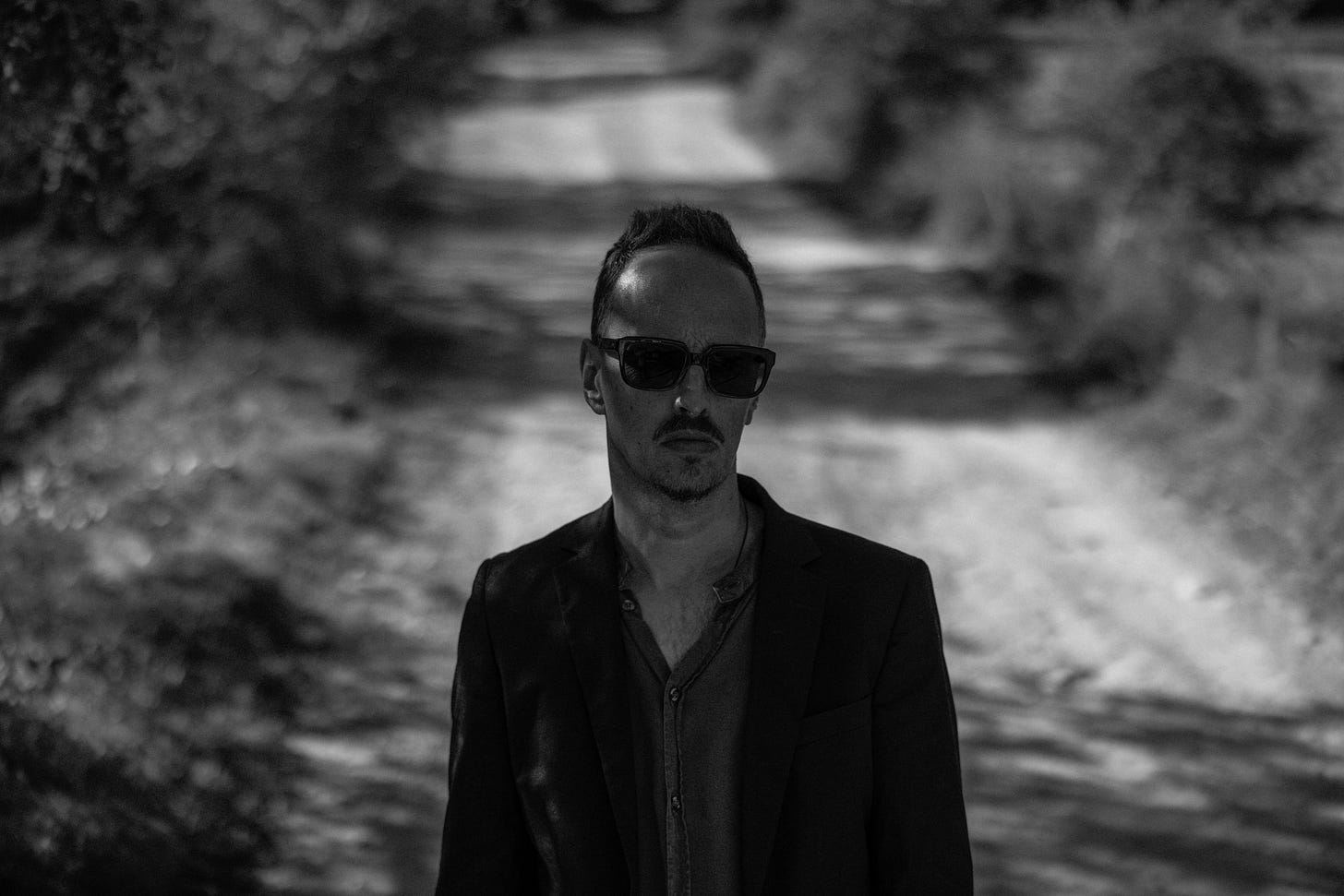Mark Barrott
A chat with the musician/ producer on grief and loss in Ibiza, going off-grid, and the illusion of Hollywood moments
Ten years ago, I found myself in Spain in the summer of 2014 and decided to hop over to Ibiza. No, not really for a night of decadence and clubbing until midday tomorrow. Instead, the trek I took over to “The White Island” was –as I wrote at the time– “one of blissed-out quietude and relaxation. It will be the one that seems most like a dream when I try…



